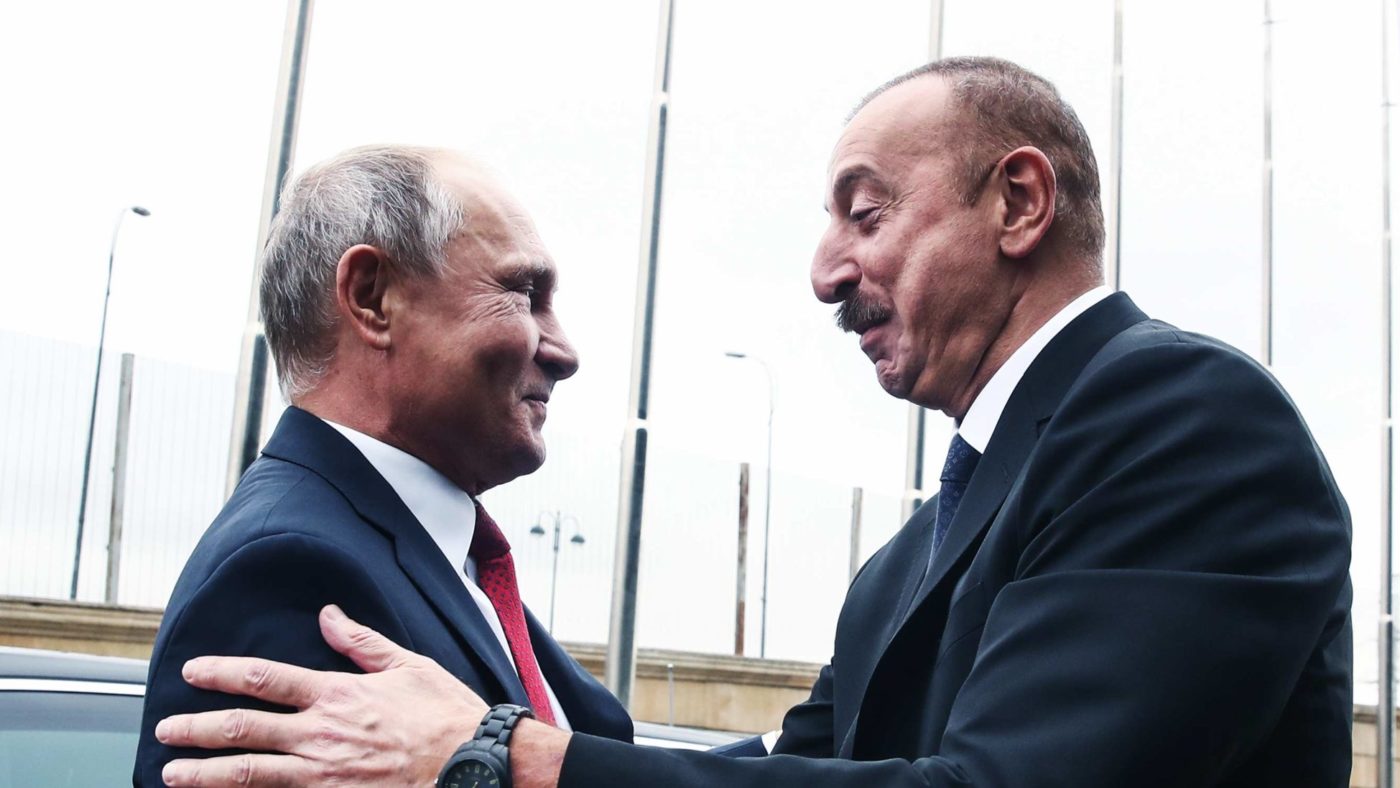For the final instalment of our Illiberalism in Europe series we’re going to the furthest boundary of the continent, beyond the Black Sea to Georgia, Armenia and Azerbaijan.
Our guest is Jamila Mammadova, a native of Baku and now a researcher at the foreign policy thinktank the Henry Jackson Society. She sat down with CapX editor John Ashmore to discuss Caucasian foreign policy, Putin’s territorial ambitions and the possibility of a new state in eastern Europe.
On who the Caucasian countries care about – Russia, Iran or the West?
Honestly, I think you should worry about everyone…in order to successfully balance your foreign policy, you have to be very well aware of what’s going on in Iranian political circles, what the Kremlin thinks about your next move, let’s say even about, again, your next big energy project with the West and so on.
On the success of Russian propaganda in the region
I think the Russians have been extremely successful in manipulating public opinion in all three states. Again, this is a propaganda which is pretty much against the West. And every failure on behalf of the West in foreign policy almost immediately turns into success on the Russian side…if you’re in this kind of situation where somebody is actually offering you something, you are confused. You don’t know who to trust and probably if you had a guarantee that at least Russians would not attack you again, you would probably stick with what the Russians are offering.
On Putin’s territorial ambitions
That would really depend on President Putin’s popularity. We sometimes hear about a Russia trying now to maybe exert more pressure on Belarus, maybe even annex part of its territory. I’m not too sure whether this is indeed what’s going to happen, but I’m pretty sure in the Kremlin they probably consider any option similar to the one that happened in Ukraine just to boost President Putin’s popularity.
On the stability of the ‘Putin system’
The system that he built, he’s successful and managed to rebuild the system. And many experts from within Russia say that it’s actually much more stable. It’s much more well managed, even in terms of propaganda, it has been much more successful than than the one that you saw during Soviet times.
Click here to subscribe to our daily briefing – the best pieces from CapX and across the web.
CapX depends on the generosity of its readers. If you value what we do, please consider making a donation.


